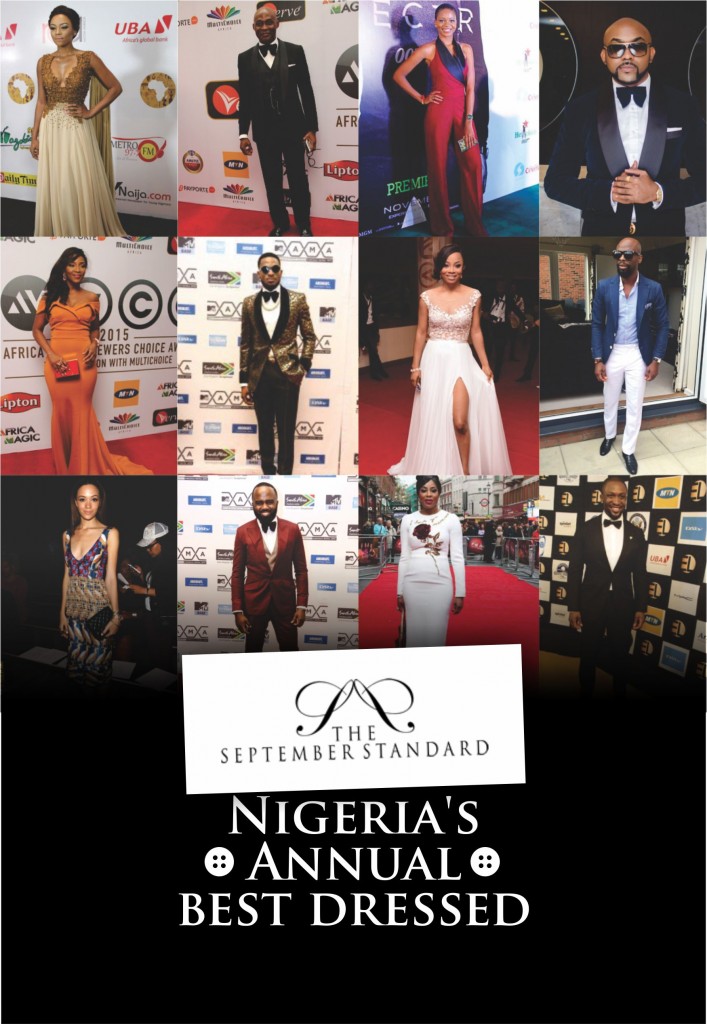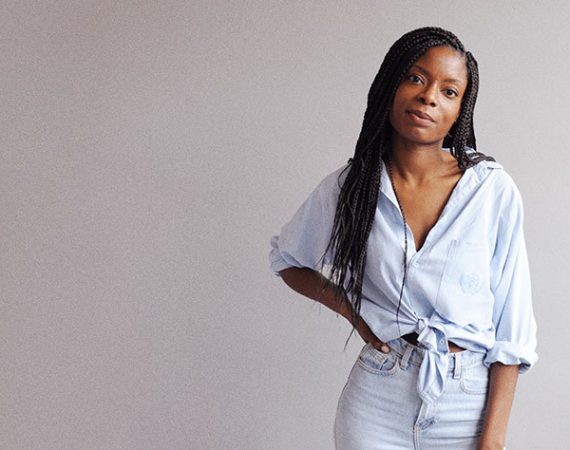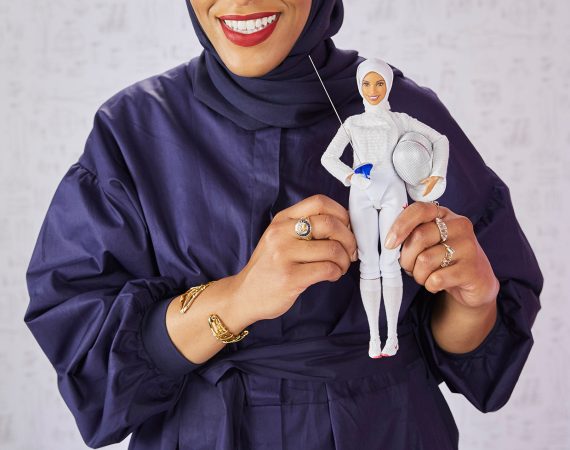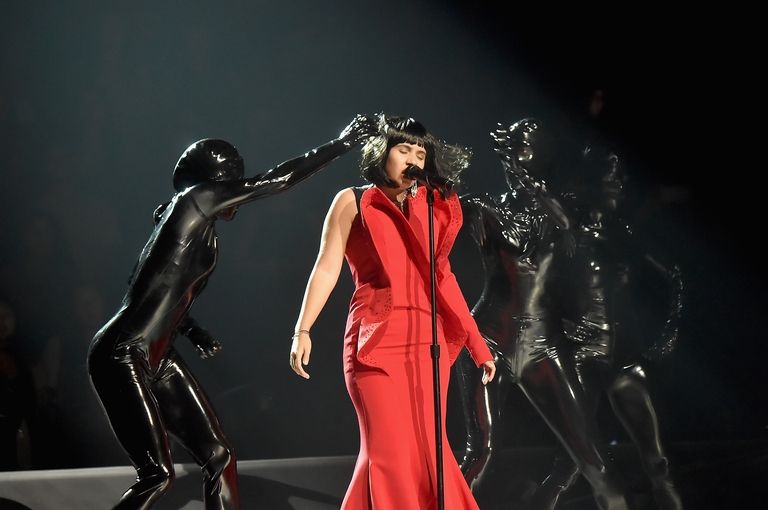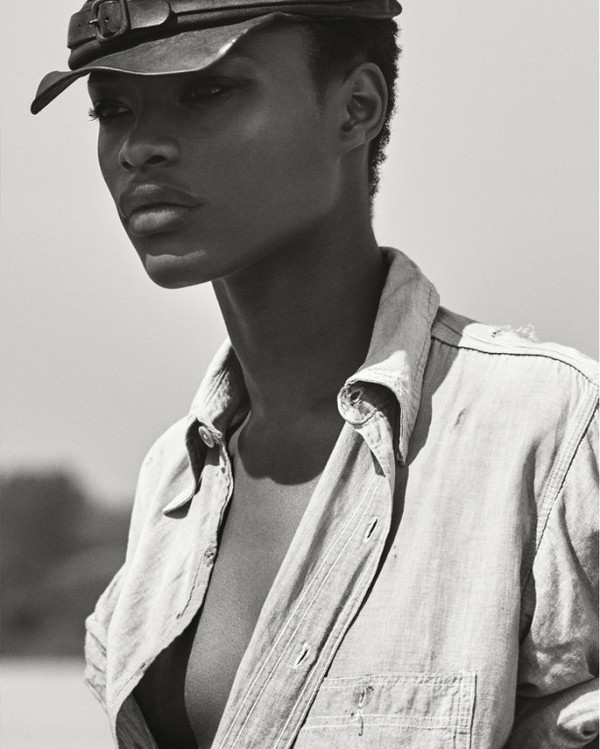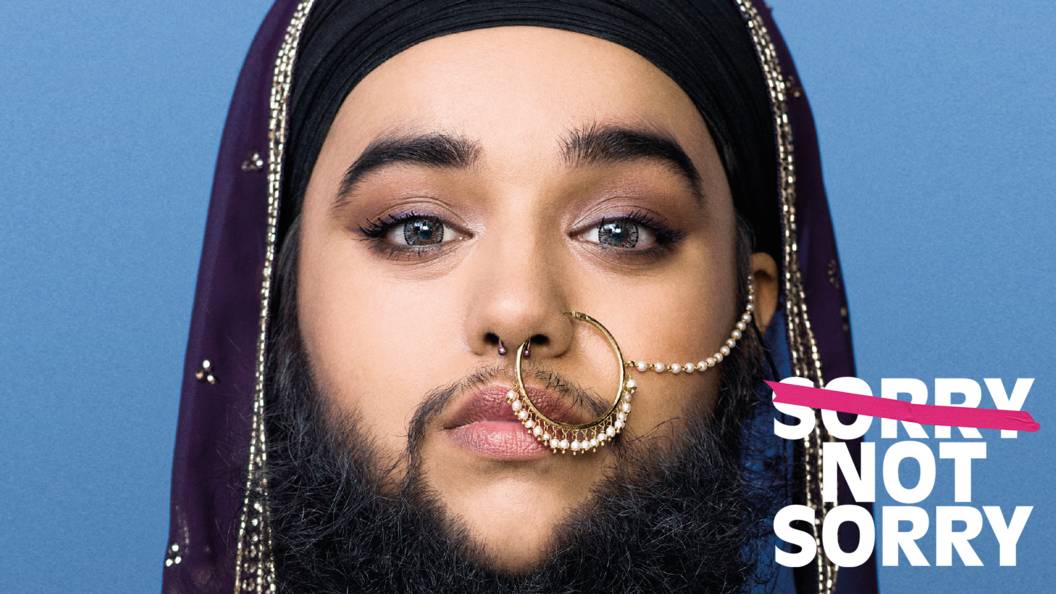Nigeria has always had an objectivity problem. This stems from the culture of yes men that decades of military rule and poverty have foisted on us. Wealth and influence are the only criteria that matter to us when we assess others. There are many Nigerians that believe being able to finance a project equates being able to execute a project successfully. This mindset is pervasive and has smuggled mediocrity into all facets of Nigerian life. If has even smuggled mediocrity into our fledgling fashion industry.
The Nigerian fashion industry is a thing of marvel. In ten short years, it has gone from a handful of isolated but highly regarded fashion designers to a high functioning ecosystem, replete with fashion photographers, models, stylists, retouchers, red carpet photographers and more recently bloggers; all celebrated in their own fields and some even regarded as highly as the designers they collaborate with.
One of the side effects of having an industry grow so quickly is that the foundation and structures this growth is built on is faulty or non-existent. Most of our emerging creatives, especially our designers are self-trained, running boutique brands they hope to grow into mega-conglomerates. They have no pedigree and either no financing or too much of it. Many wing it until they find a niche that works for them and stay in that niche, the rest sink back into obscurity. More telling is the lack of checks and balances to provide designers valuable feedback.
In the mid 2000’s to 2013 ThisDay newspapers’ fashion pull out, ThisDay Style went from throwaway rag to the definitive authority in Nigerian fashion. The glossy was successful at this for several reasons; first off ThisDay Style was tentatively free so everyone was sure there was no hidden allegiances being bought or bartered for good reviews. Second, they were unfazed by affluence or status, many highly regarded fashion insiders found themselves on the worst dressed lists a few times too many and many people the fashion insiders barely regarded found themselves on the best dressed lists. Thirdly, they knew their fashion, period. By 2010, a feature on ThisDay Style was treated like a feature on Vogue. Socialites dressed up, designers sat up.
Something happened between 2010 and today, the result is that ThisDay Style is now treated with that mild recognition you give to a retired model. You remember her glorious heyday, but you don’t quite know what to do with her today.
To fill the niche came the fashion bloggers. With technology, a lot of the access that was restricted only to magazine editors and fashion insiders became available to everyone. As was the knowledge needed to actively dissect sartorial design choices. You didn’t need to go to Fashion school to know what an armscye or an aglet was.
Suddenly there were many opinions out there, and an audience for it. Since the first set of bloggers started in 2006, We’ve seen fashion bloggers globally go from mild nuisance, hunkered outside fashion shows taking streetstyle photos to specially reserved front row seats. In the absence of fashion magazines with enough credibility to speak authoritatively on fashion, bloggers sprang up and started to make a difference.
This is why this post is timely, we are at a precarious place. In Nigeria, bloggers are reaching critical mass, that turning point where brands are starting to approach them, cash in hand to advertise and promote their work. This is every blogger’s dream, to be paid to write about what you love. But more often than not, a pay check comes at a cost, objectivity. Objectivity remains at the core of blogging, being able to tell things as they are. Blogging allows that distance from the bright lights and the glamour of fashion.
That perspective informed by that distance is what designers, at the epicenter of an industry that depends on them financially and otherwise to exist, need.
They need you.

